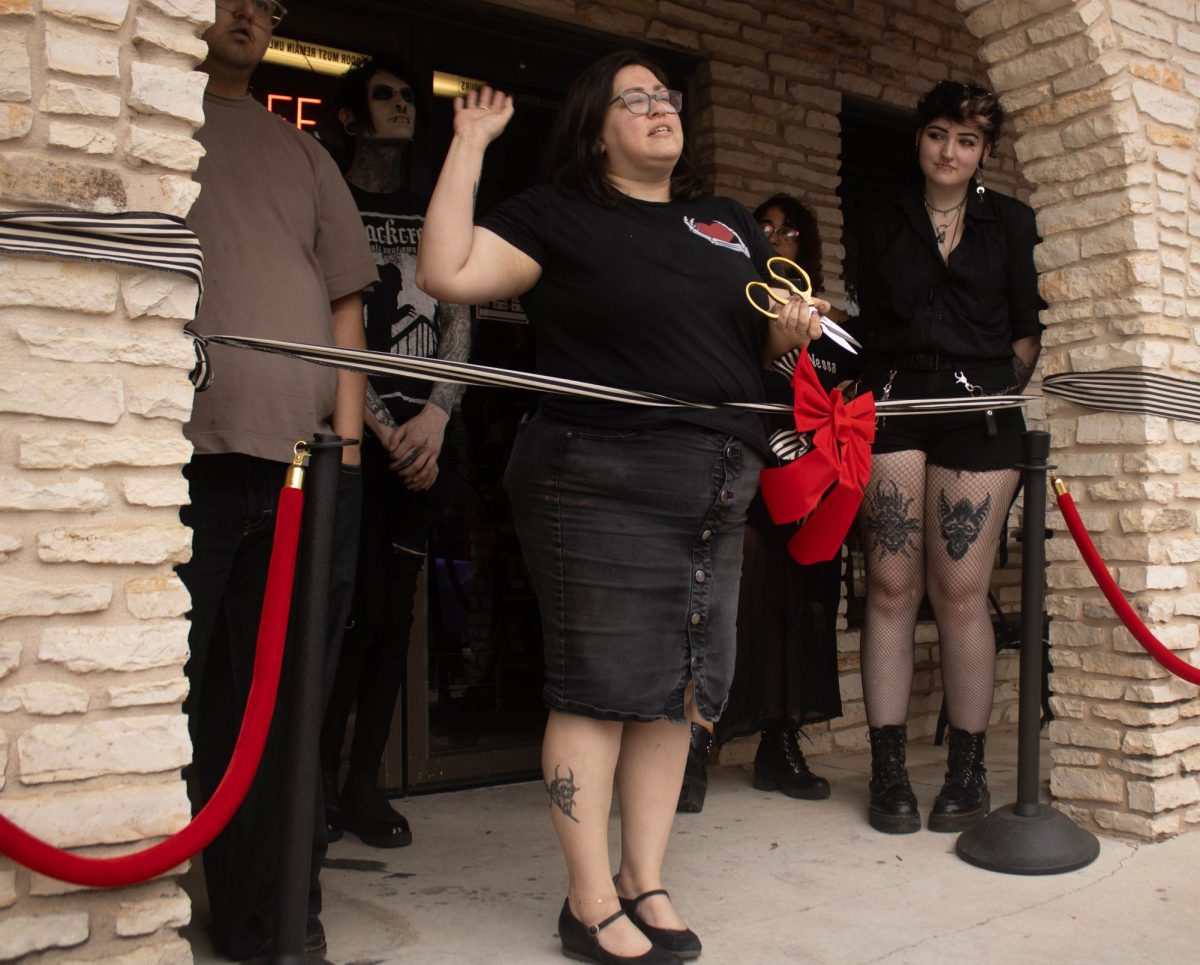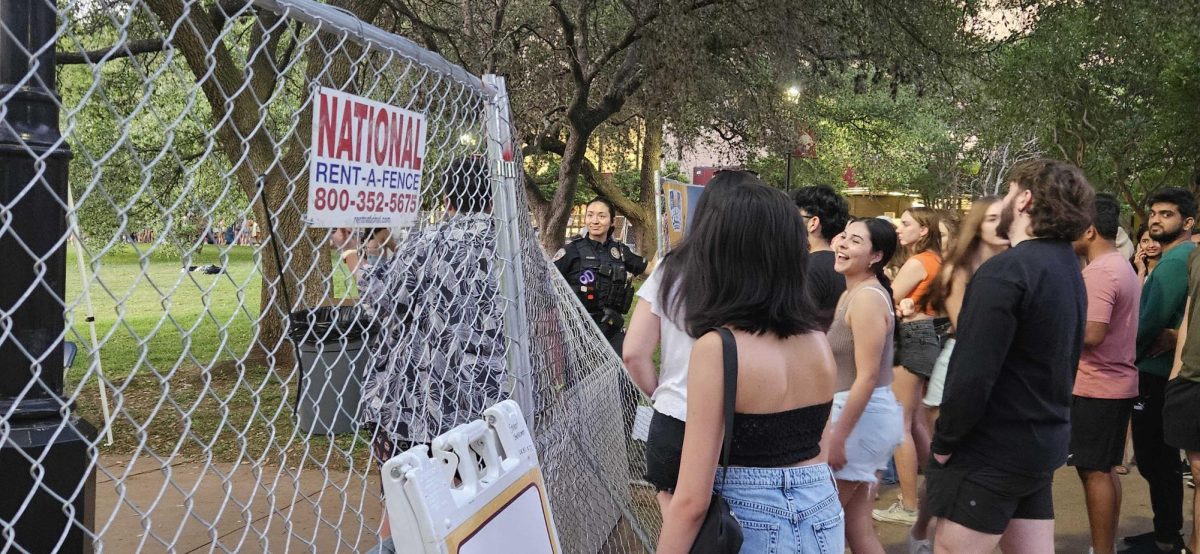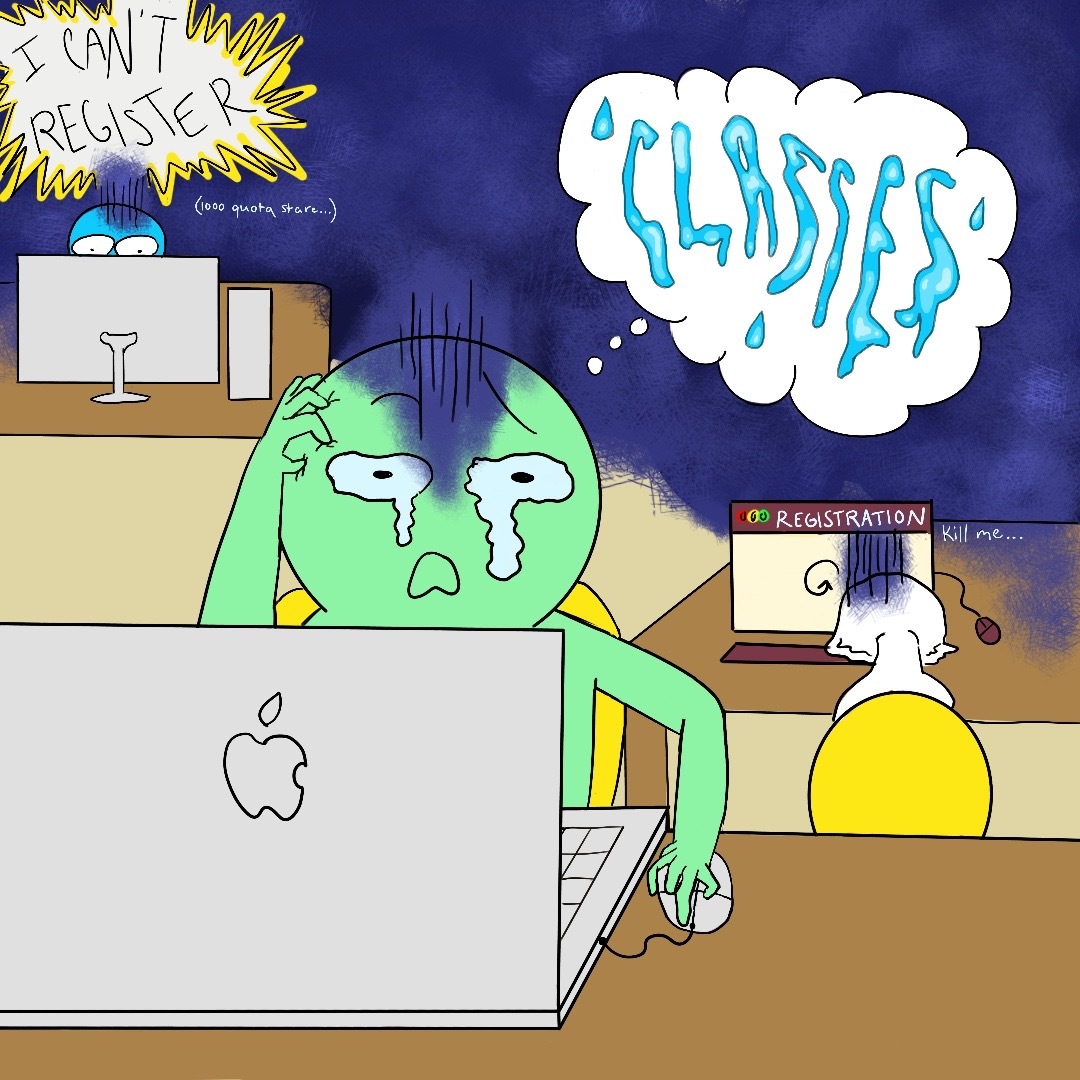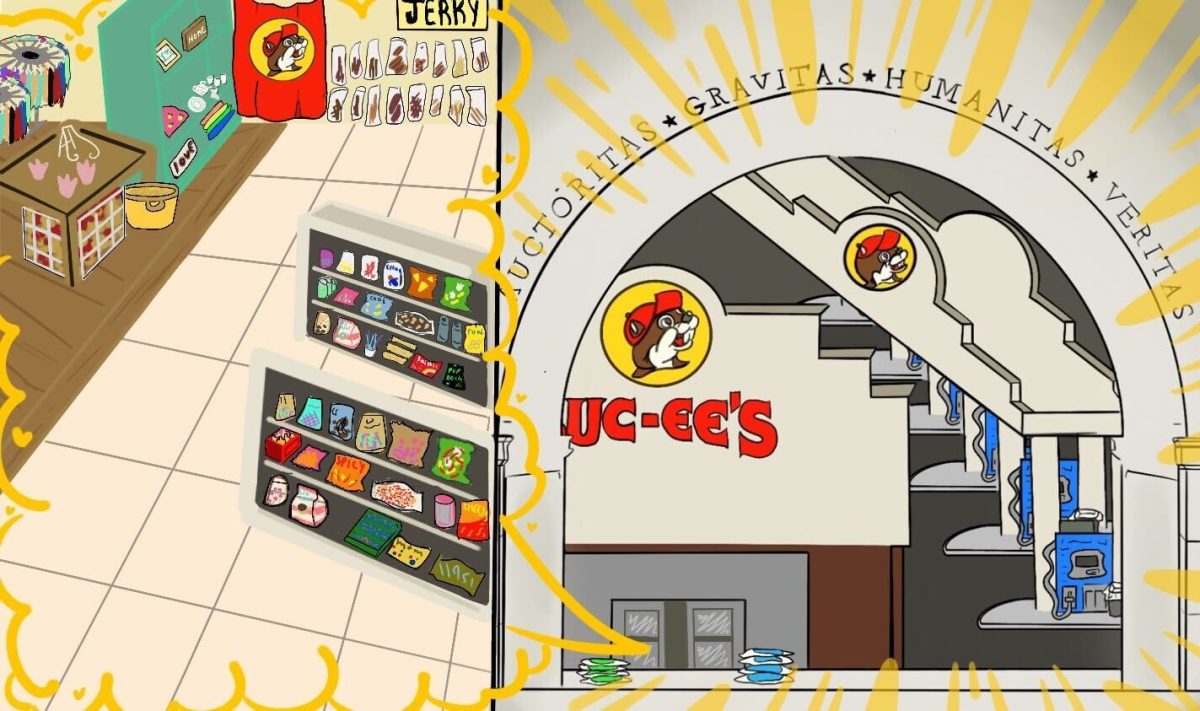An important quality of a diverse collection of stories is the inclusion of underrepresented communities. Not an abstract conception of a group of people with similar qualities but quite literally a physical community in which the residents live, work and produce culture. In this case at SXSW, it’s the inclusion of depictions of intercity urban communities and the storytelling rooted in the people living there.
The example generating the most buzz at the festival is the movie “Blindspotting”, written by and starring “Hamilton”’s Daveed Diggs and his lifelong best friend Rafael Casal, “Blindspotting” takes the audience to Oakland, California through the eyes of Collin played by Diggs, who is serving his last few days of probation. As Oakland natives, Diggs, Casal and the rest of the production took extra care to make the film as authentically Oakland as possible.
The soundtrack only features Bay Area artists and the story comments on issues which target the Oakland community but also resonate with a wide audience, such as gun violence, police brutality, treatment of ex-convicts and gentrification.
“Blindspotting” does not depict Oakland like this with the intention of showing how terrible it is, but instead by showing the humanity and relatability of the community in spite of these issues. It is a well-constructed vehicle for bringing a new perspective to audiences outside urban communities. The title of the film specifically reflects this, as the word blindspotting refers to your brain instinctively seeing what it wants to see from an image or situation. And it is only through education and connections that we can change our programming to understand others.
Another film at SXSW representing storytelling in urban communities is Netflix’s “First Match”. This movie follows a teenage girl in New York City who takes up wrestling as a means to reconnect with her father who was recently released from prison. “First Match” features a cast comprised nearly entirely of people of color and the film’s lead, Elvire Emanuelle, grew up in the exact neighborhood her character lives in.
While not shying away from the dangers of intercity Brooklyn, “First Match” does not vilify the community as a setting Emanuelle’s character does not feel at home in. Despite her turbulent relationship with her father and her experience growing up in the foster care system, the strength and support the protagonist finds is from within the community, specifically in her wrestling team and herself.
Unlike “Blindspotting”, “First Match” was not written or directed by a member of this community, but writer-director Olivia Newman did extensive research with individuals familiar with similar events to the film’s plot to get the facts straight. Actor Colman Domingo, who played the coach of the wrestling team, admitted he initially thought Colman was black after reading the script because it felt so authentic to the experiences of intercity youth.
Both films serve different purposes for the same community. “First Match” gives representation to the youth of urban communities and media they can both enjoy and identify with. “Blindspotting” gives representation audiences outside the community can look to as proof good storytelling exists where they are not looking. At the core of the success of both films is well-done filmmaking and heartfelt commentary; commentary that engages the viewer with a community who is often underrepresented or misrepresented. This is the power of what movies can do for people and their communities.
– Zach Ienatsch is a journalism senior


















